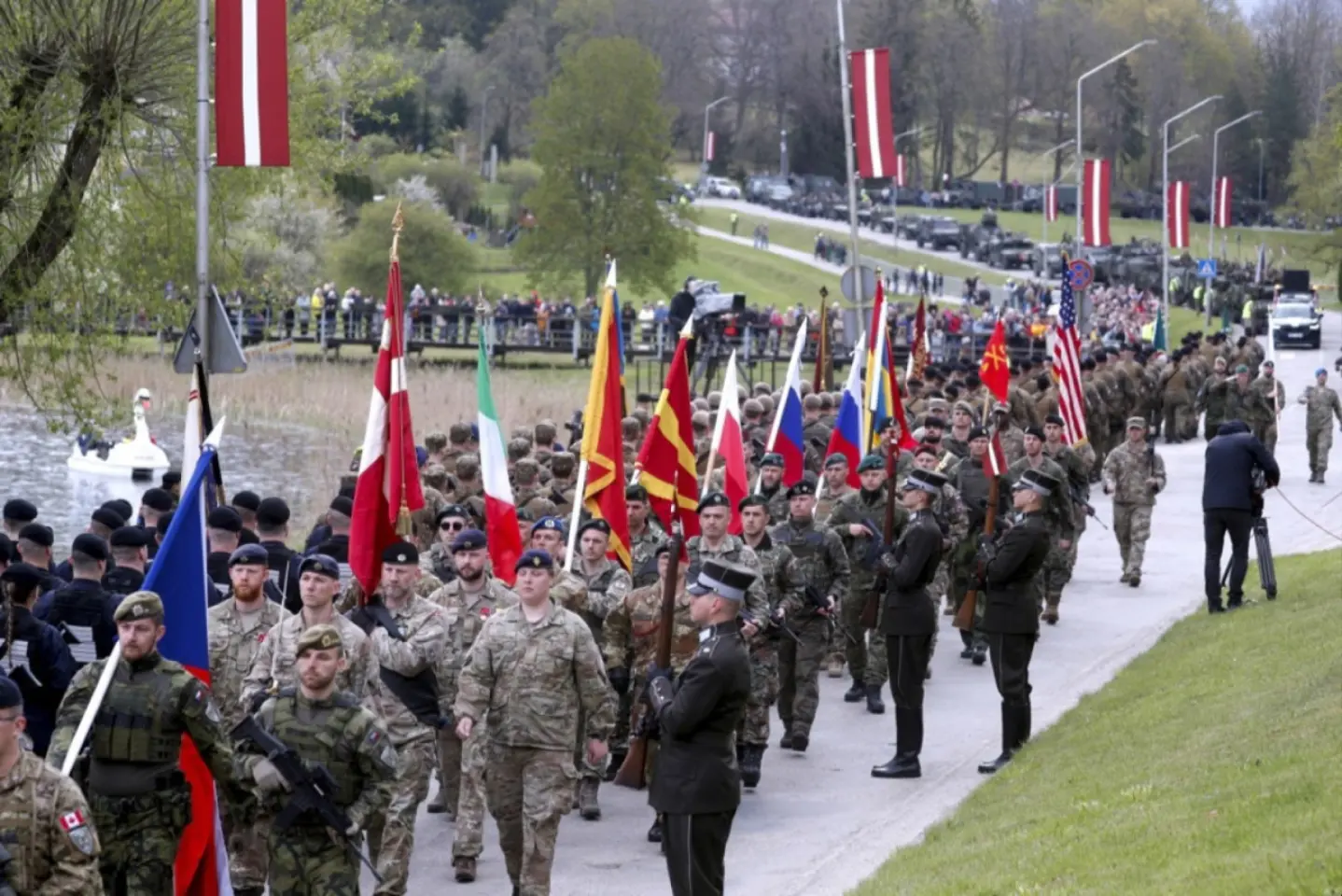
Given the vulnerability of the Baltic states to a Russian attack, there are growing calls that they should have a common defense, in order to more effectively supplement NATO’s assistance.
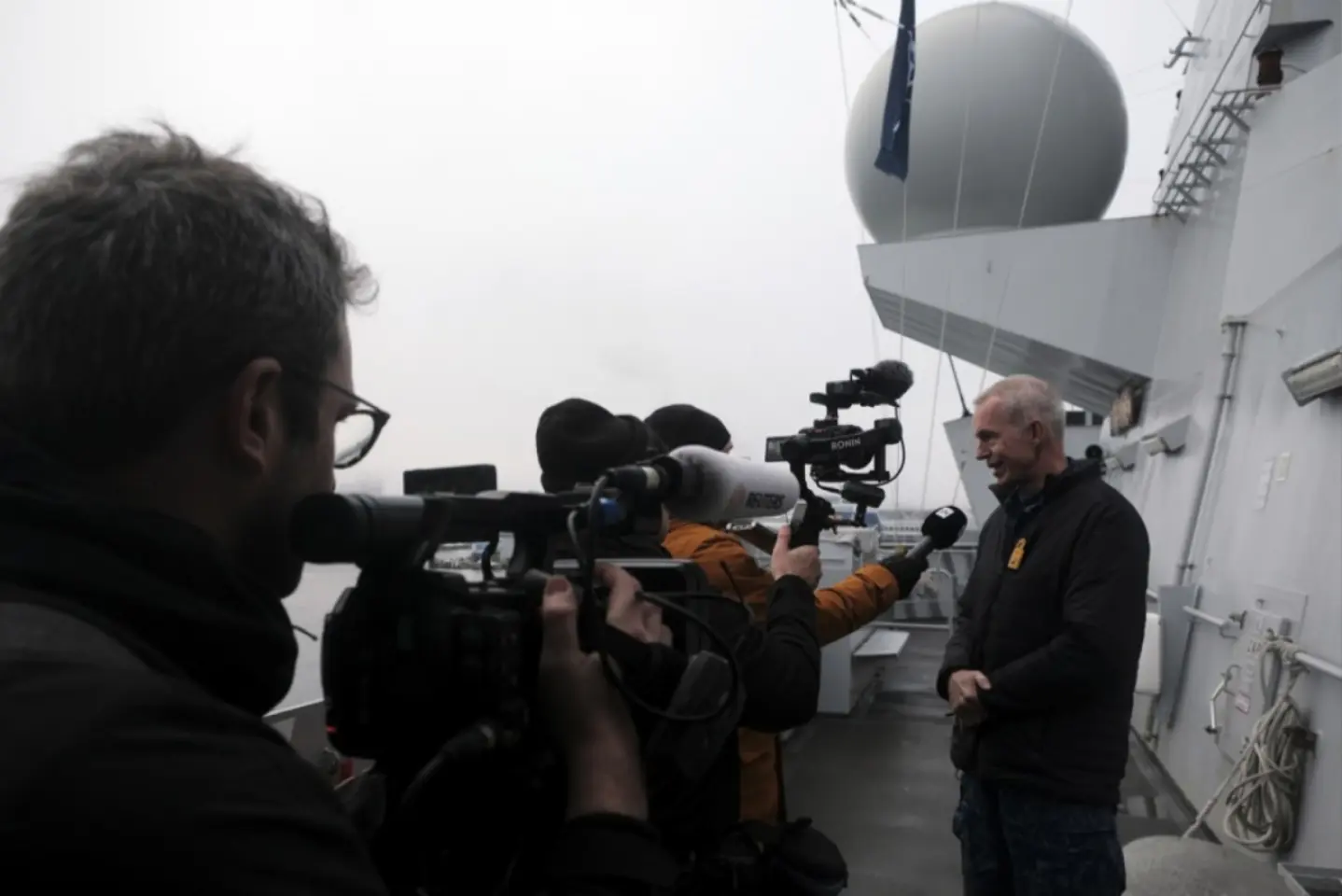
While Estonia leads in the press freedom ranking, Russian propagandists claim that Russian-language journalism is going through hard times in this Baltic country. However, the journalists themselves disagree with this assessment.
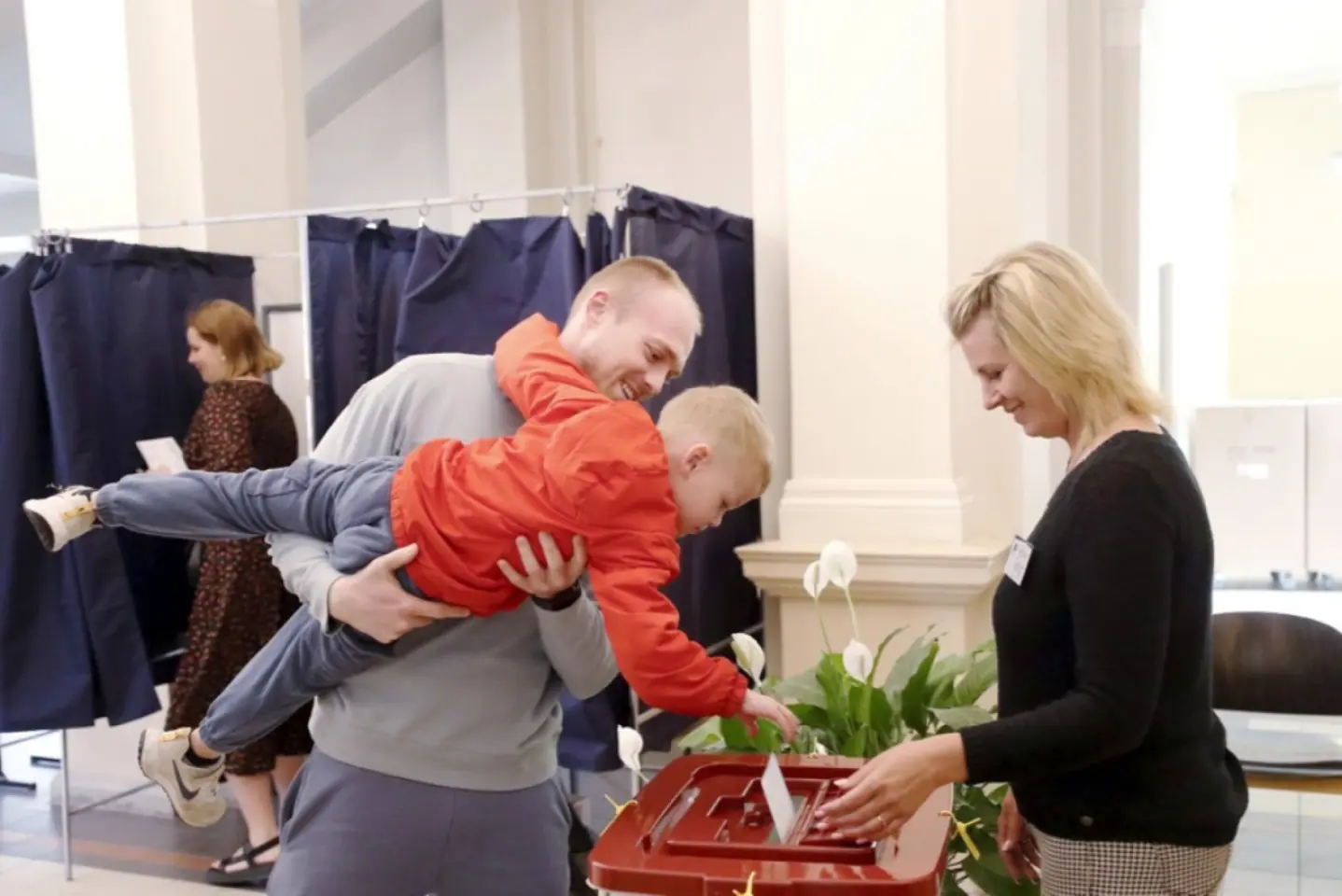
Politicians with pro-Russian – or at least ambiguous stands – and a strongman profile are frontrunners for the coming elections in Latvia’s three main cities. Will this trend go national?

While some argue that the Baltic States have been abandoned by a major strategic partner, others insist on the need for Europe to become more militarily independent.

On February 8, the Baltic states completely disconnected their power grids from Russia’s and switched to the European grid. Contrary to concerns, this transition did not cause any major complications.

The Trump administration's signals about a US policy toward Moscow, Ukraine, and the EU are causing concern in Russia's neighborhood, from the Black Sea to the Baltic Sea.

Latvia must be prepared for everything in its defense: in the short term for versatile hybrid attacks, and in the long term even for a broader and more direct attack.

Baltic States have become colonies of the USA, acting only on Washington’s orders, according to Russian propaganda in Romania.

New NATO members Finland and Sweden are increasingly involved in the security of the Baltic region, which has seen a number of aggressive Russian moves including sabotages of undersea infrastructure. However, the potential for cooperation with the Baltic countries has merely been tapped.

Donald Trump's return to the White House has generated fears about his approach to Russia and the conflict in Ukraine, as well as the economic relationship with the European Union. Veridica’s team of contributors has analyzed how Trump’s return to power is seen in Brussels and in Russia's neighboring countries - some of them ex-Soviet or ex-communist states, most of them members of the EU or NATO or with Euro-Atlantic aspirations.

As talks about peace in Ukraine along the current frontline intensify, some of Kyiv’s partners, including Latvia, feel this would be a dangerous outcome.

After two decades in the EU and NATO, the Baltic States din not yet fully connect their infrastructure with that of their partners. The railway infrastructure is particularly problematic.

A Latvian activist has been sentenced to prison for flying the Russian flag, according to a false narrative promoted by pro-Kremlin propaganda.

The Baltic states have similar backgrounds and are mostly supportive to each other. There is, however, a friendly competition in terms of the speed of their development, and Latvia lags behind.

From hardliner Dmitri Medvedev’s wine to raw materials for the arms industry, Russian imports are transiting Latvia in spite of the latter’s hawkish stance towards Moscow.

Political parties in Estonia are trying to deprive Russian speakers of the right to vote and to kick out of the country the Russian Orthodox Church, seen as a Kremlin mouthpiece.

An exhibition in Narva, dedicated to the Soviet bombing of this Estonian city in 1944 and comparing it to Russian bombardments of Ukraine, has outraged some local residents and politicians. The reactions are at least partly influenced by overexposure to Soviet and Russian propaganda.

The fear of war with Russia is taking a psychological toll on Latvians. Authorities are trying to reassure them, pointing that Moscow lacks the capacity to wage war against NATO.

Russia is upping the stakes in its long game against NATO, as it put Estonia’s prime minister on a wanted list and unveiled plans to increase the number of troops deployed at the border. Experts think that, within 3 to 10 years after the end of the war in Ukraine, Moscow would be able to attack a NATO country.

Warnings about a possible Russian attack against NATO have increased lately. Is the threat imminent, or is it just being used to increase readiness?

A number of countries may boycott the coming Paris Olympics over the IOC’s decision to let Russian athletes compete. Latvia is one of those countries, but not all Latvians – athletes and fans alike – would support such of decision.

In the Baltic countries, parties traditionally defending the interests of the Russian-speaking minority are suffering losses as the war has alienated some of their voters.

Finland closed its land border with Russia due to a hybrid threat, and Estonia may follow suit, although it has not done so yet.

There are worries in the Baltic States that a new Donald Trump may mean chaotic US policies. If Joe Biden stays, it would be “business as usual”.

In Estonia, Hamas’ attack on Israel and the subsequent military operation in Gaza were perceived as a threat to the country’s own security.

The Latvians have been less involved lately in helping Ukrainians, as the war fatigue and domestic economic problems are taking their toll. However, the level of support is still high.
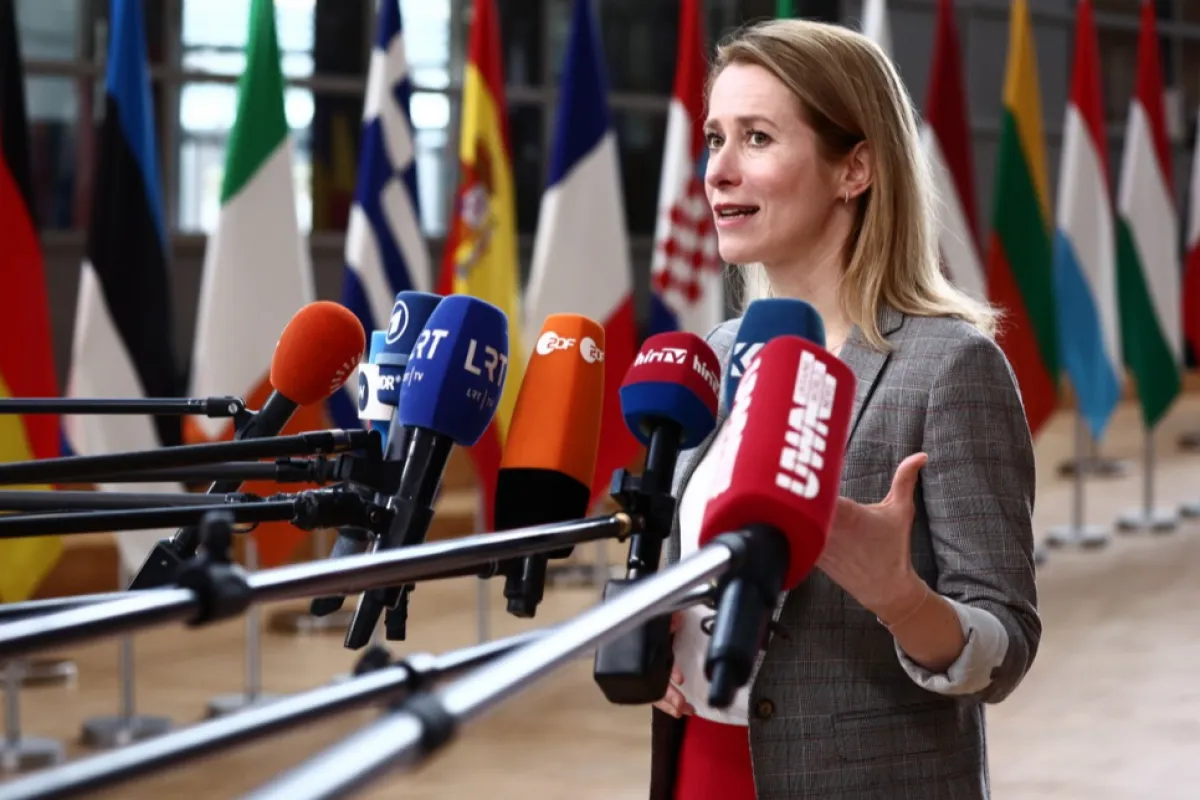
Estonia has pleaded tough sanctions against Russia, and yet Estonian entities and persons – even from the Prime minister’s family – have been breaking some of the existing sanctions.

The Baltic States are being targeted by Russian disinformation which is using both narratives launched before the war in Ukraine and newer ones.

Estonia could become a powerhouse in the strategic rare earth metals industry. Environmental concerns, outside competition, and opposition to mining are threatening that potential.

Estonia has one of the world’s best education systems but it’s only for Estonian speakers. There’s a parallel system for Russian speakers, which authorities now want to eliminate.
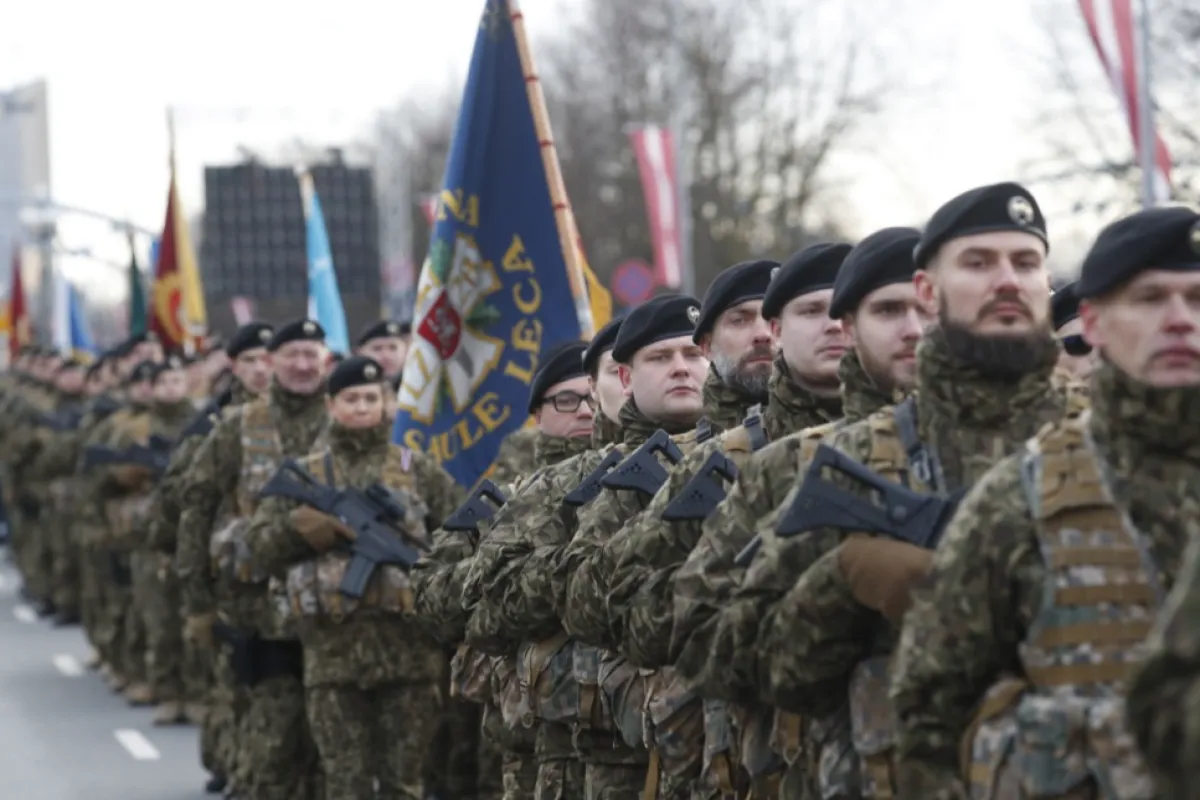
Latvia is making participation in the state defense service (SDS) mandatory, as part of a larger drive to strenghten its security.

Latvia’s unfinished border fence came into focus following Wagner’s rebellion in Russia and its alleged move to Belarus. Experts warn that security requires more than a fence.